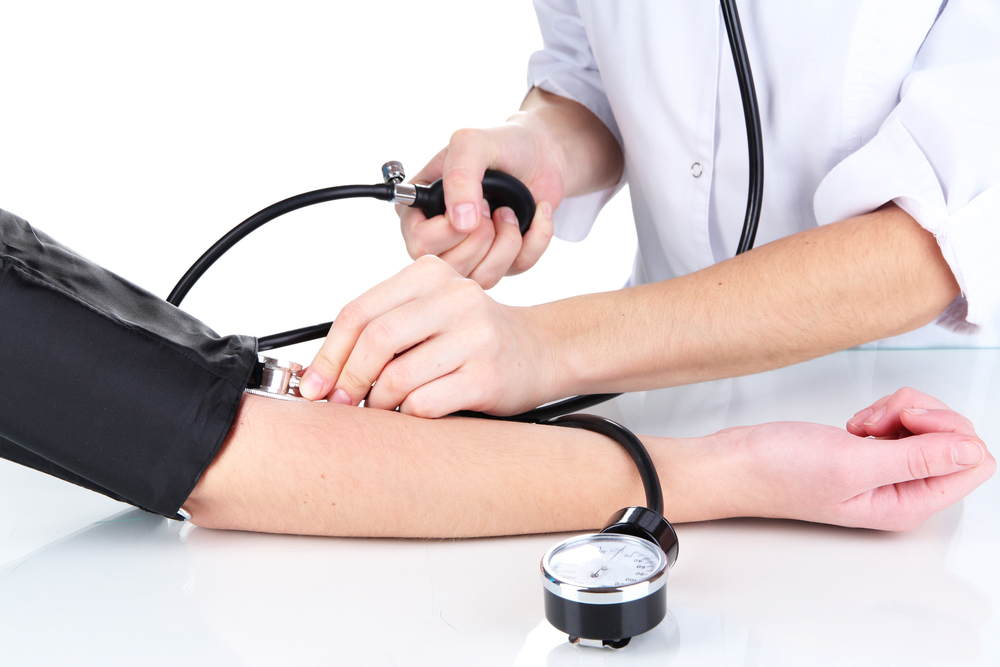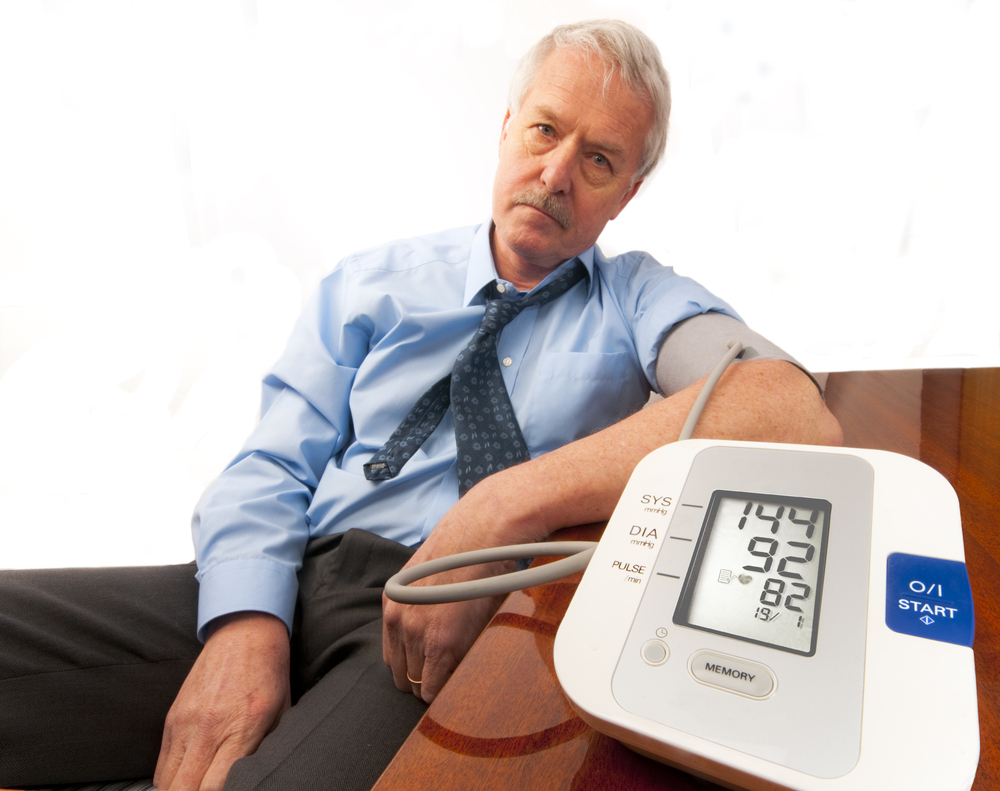High blood pressure, also known as hypertension happens when the force of the blood rises as it pushes against the arterial walls and remains higher than normal for certain duration of time. There are various signs and symptoms of high blood pressure.
It is often referred to as the ‘silent killer’ as it shows no initial symptoms but can lead to long-term complications. The signs and symptoms of high blood pressure can cause damage to the heart, blood vessels, brain, and other organs of the body.
It is a myth to think that hypertension affects only men. Both men and women in their middle age have the same risk of developing the ailment. However, after the onset of menopause, women generally face a higher risk of developing high blood pressure.
High Blood Pressure Measurements
The measurements of normal and high blood pressure are:
- Less than 120/80 – Normal blood pressure
- 120-139/ 80-89 – Pre-hypertension
- 140-159/90-99 – High blood pressure (First Stage)
- 160/100 – High blood pressure (Second Stage)
High Blood Pressure Symptoms
Most people who suffer from high blood pressure do not exhibit any sign or symptoms. The condition generally has no obvious symptoms and there are many people who do not know that they have it till after long. There may not be any signs even if the blood pressure levels are very high. Some people may experience shortness of breath, chest pain, headaches, nosebleeds or stroke like symptoms. However, these are not very specific and do not generally happen till the blood pressure levels have reached a life threatening stage.
The only way you can know if you are suffering from high blood pressure is to measure your blood pressure levels. Every adult should get their blood pressure levels measured at least once a year. For a pregnant woman, it is essential to get blood pressure checked regularly. Keeping a check on your blood pressure at the time of pregnancy reduces the risk of contracting pregnancy-induced hypertension. When not treated in time, high blood pressure can lead to serious diseases, including stroke, heart disease and kidney failure.
High Blood Pressure Types
There are two kinds of high blood pressure.
Primary hypertension – This kind of blood pressure typically tends to develop slowly over many years.
Secondary hypertension – This kind of blood pressure is known as secondary hypertension. It generally appears suddenly.
There are several conditions that can lead to this type of blood pressure such as
- Thyroid problems
- Obstructive sleep apnea
- Congenital defects in blood vessels
- Kidney issues
- Adrenal gland tumours
- Medications such as decongestants, birth control pills, over-the-counter pain relievers, and prescription drugs
- Alcohol abuse
Also Read: Hypertension: Are you at risk?
Causes of High Blood Pressure
Several factors have an effect on the blood pressure such as:
- The levels of hormones in the body
- The amount of water and salt present in the body
- The condition of the nervous system, blood vessels, or kidneys
The risk of high blood pressure increases in these cases:
- African American ethnicity
- Overweight or obesity
- Stress or anxiety
- Alcohol abuse
- Too much salt in the diet
- Genetic factors
- Diabetes
- Habit of smoking
- High blood pressure treatment
There are several things that you can do to control your blood pressure including:
- Have a heart-healthy diet every day. Make sure to include potassium and fibre in your food.
- Keep yourself well-hydrated. Drink at least eight to ten glasses of water daily.
- Include a daily regimen of exercises. You can try a combination of various exercises to stay fit and healthy.
- Quit smoking and limit your alcohol intake to 1-2 drinks per day
- Reduce the amount of salt in your diet
- Learn to manage your stress levels. You can practise yoga, meditation and breathing techniques to deal with stress and keep your mind calm and steady.
- Ensure that your weight is normal. If you are overweight, take steps to reduce your weight.
Also Read: A Guide to Common Blood Pressure Medications
Symptoms of High Blood Pressure can be prevented to a large extent by adopting healthy lifestyle changes that are designed to decrease blood pressure levels. Your doctor can recommend some medications and high blood pressure treatment to help manage your condition.





